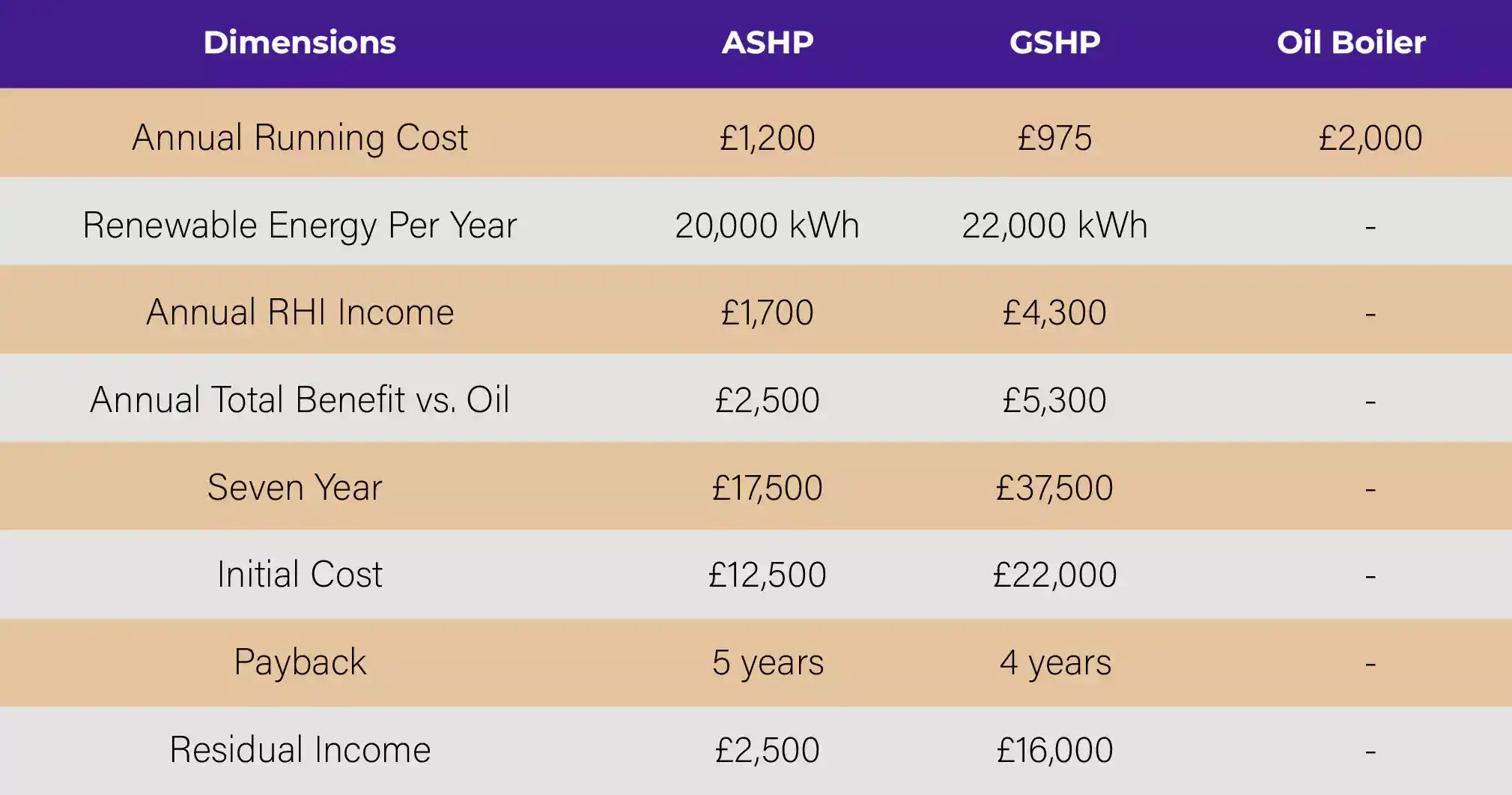What Are Ground Source Heat Pump Cost Factors?
It is wise to take renewable energy sources into account while designing an energy-efficient home or replacing our current oil or central heating system. Ground source heat pumps, or GSHPs, use underground pipes to transmit heat throughout the entire home through radiators and underfloor heating. In this way, it might be a green option that uses less energy and is more effective. Although ground source heat pumps are thought to be expensive, they are intended to pay for themselves over time.
The cost of a ground source heat pump is very difficult to estimate because there are so many variables that might affect the system's final cost. Although there is a very substantial margin of error, it is still possible to predict the total expenditures. The cost of the system, the cost of installation, the cost of operation, and the eligibility for incentives are all things that must be considered when figuring up the costs of a ground source heat pump.
A ground source heat pump system typically consists of a heat pump, an underground heat exchanger, and a distribution system. The average price of a ground source heat pump system is:
In any case, women with young children, retirees, and those who work from home could benefit the most from the “free” offer. The reason is that they spend the most of the day at home, which is the best time to utilize the electricity generated.
Horizontal: Rapid GSHP installation necessitates more available land, which makes it more prevalent in rural locations. This method results in a cost range of £2,500 to £4,500 for horizontal trenches.
Vertical: Excavating a vertical ground source heat pump borehole is an alternative possibility if land is restricted, but it is also more expensive. Depending on the size of the heated area, the price of vertical boreholes may range from £8,000 to £10,000.
Heat pump: Depending on the size, capacity, and longevity, the heat pump and installation may cost anywhere from £15,000 and 20,000.
As surprising as it may sound, a ground source heat pump is among the most affordable options for heating. The temperature of the soil is consistent throughout the year, making it one of the most effective low-carbon heating solutions for a home because your GSHP won't need to work harder to run efficiently during the winter.




